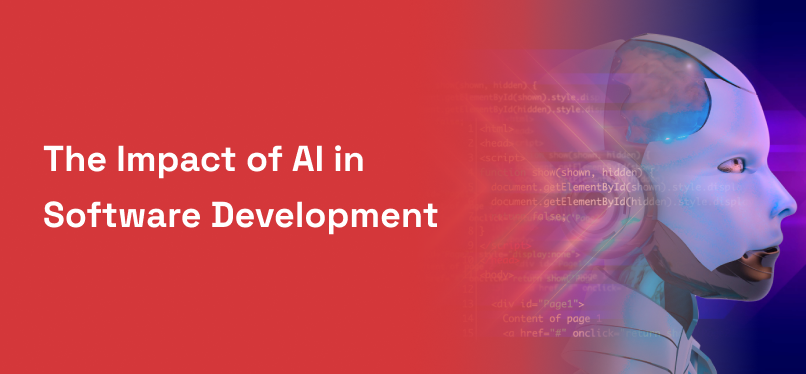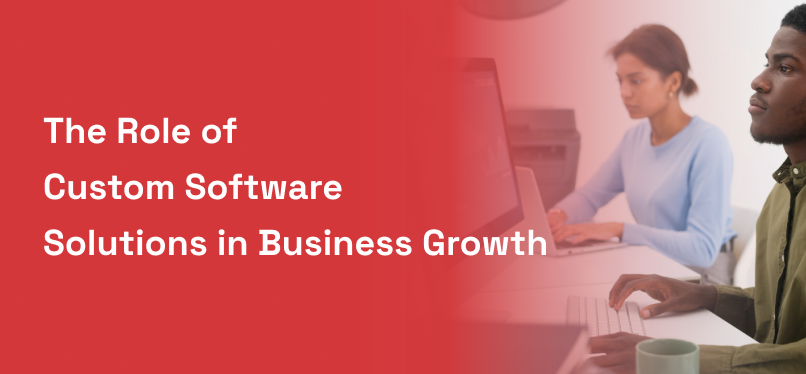Artificial Intelligence (AI) is reshaping industries, and software development is no exception. Once limited to futuristic ideas, AI is now an integral part of how software is built, tested, and maintained. From automating repetitive tasks to enhancing the speed and accuracy of development cycles, AI is transforming the way developers create applications.
At Zippro Systems, we understand the importance of leveraging cutting-edge technologies like AI to build smarter, more efficient solutions. In this blog post, we’ll explore how AI is impacting software development, why it matters, and what it means for businesses looking to stay ahead of the curve.
1. Automating Repetitive Coding Tasks
One of the most significant impacts of AI in software development is its ability to automate mundane and repetitive coding tasks. Traditionally, developers spend a lot of time writing and debugging code, especially for routine functions that could be automated. AI-powered tools, like code completion algorithms and automatic code generators, streamline this process, enabling developers to focus on more complex and creative problem-solving.
For example, AI-driven platforms can suggest code snippets or even automatically generate entire functions based on natural language descriptions. This not only saves time but also reduces human error, resulting in cleaner, more efficient code.
2. Improving Software Testing and Debugging
Testing is a crucial part of the software development lifecycle, ensuring that the product functions as expected and is free from bugs. However, manual testing can be time-consuming and prone to oversight. AI enhances testing processes by using machine learning algorithms to identify patterns and detect anomalies faster and more accurately than human testers.
Automated testing tools powered by AI can simulate real-world scenarios, predict potential bugs, and even fix minor issues before they become critical. This leads to faster releases and more stable applications, a vital advantage for businesses looking to deliver high-quality software quickly.
3. Enhancing User Experience with AI
Artificial intelligence also plays a pivotal role in shaping the user experience (UX) of software applications. AI can analyze vast amounts of user data to provide insights into how users interact with the software. Based on this data, developers can make informed decisions on improving user interfaces, optimizing navigation, and personalizing the overall experience.
Additionally, AI-powered chatbots and virtual assistants are now a standard feature in many applications, offering 24/7 support, answering user queries, and handling routine requests—enhancing customer satisfaction and reducing the workload for support teams.
4. Facilitating Predictive Analytics
AI’s ability to analyze large datasets quickly and accurately makes it an essential tool for predictive analytics in software development. Predictive models can anticipate future issues, such as server overloads, security vulnerabilities, or system failures. These insights enable developers to take proactive measures, such as improving system architecture or addressing security concerns before they escalate.
For businesses, predictive analytics can mean fewer outages, improved performance, and a more reliable user experience. Zippro Systems leverages AI-powered predictive analytics to ensure that our software solutions are not only efficient today but also adaptable for tomorrow.
5. AI in DevOps and Continuous Integration/Continuous Deployment (CI/CD)
AI is revolutionizing DevOps by automating various stages of the development pipeline, such as integration, testing, and deployment. Continuous Integration/Continuous Deployment (CI/CD) practices allow for frequent updates and fixes, ensuring that the software remains current and competitive.
AI-driven tools can automate these processes, reducing manual effort and minimizing errors during deployment. This results in faster release cycles and more stable software versions, allowing businesses to stay agile and responsive to changing market demands.
6. Improving Security with AI
Security is a top priority in software development, and AI is becoming an indispensable tool in safeguarding applications. AI-driven security tools can monitor network traffic, detect suspicious behavior, and respond to potential threats in real-time. This proactive approach helps protect applications from data breaches, malware, and other cyber-attacks.
By integrating AI into security protocols, developers can ensure that their software remains secure even in a rapidly evolving threat landscape. At Zippro Systems, we implement AI-based security measures to safeguard our clients’ applications and data, ensuring compliance with the latest security standards.
7. AI in Code Refactoring and Maintenance
Software maintenance is an ongoing process that can become cumbersome as applications grow in complexity. Code refactoring—the process of restructuring existing code without changing its functionality—is essential for keeping the codebase clean and efficient.
AI simplifies code refactoring by automatically identifying areas of the code that can be optimized or modernized. This keeps applications running smoothly, reduces technical debt, and improves long-term maintainability.
Conclusion: AI is the Future of Software Development
Artificial Intelligence is not just a buzzword; it’s a game-changer in the world of software development. From automating tedious tasks to improving software quality and security, AI is reshaping how developers work and how businesses innovate. For non-tech entrepreneurs and seasoned tech leaders alike, embracing AI in software development offers a significant competitive advantage.
At Zippro Systems, we integrate AI into our development processes to deliver smarter, faster, and more secure solutions for our clients. Contact us today to learn how AI-powered software development can transform your business.








